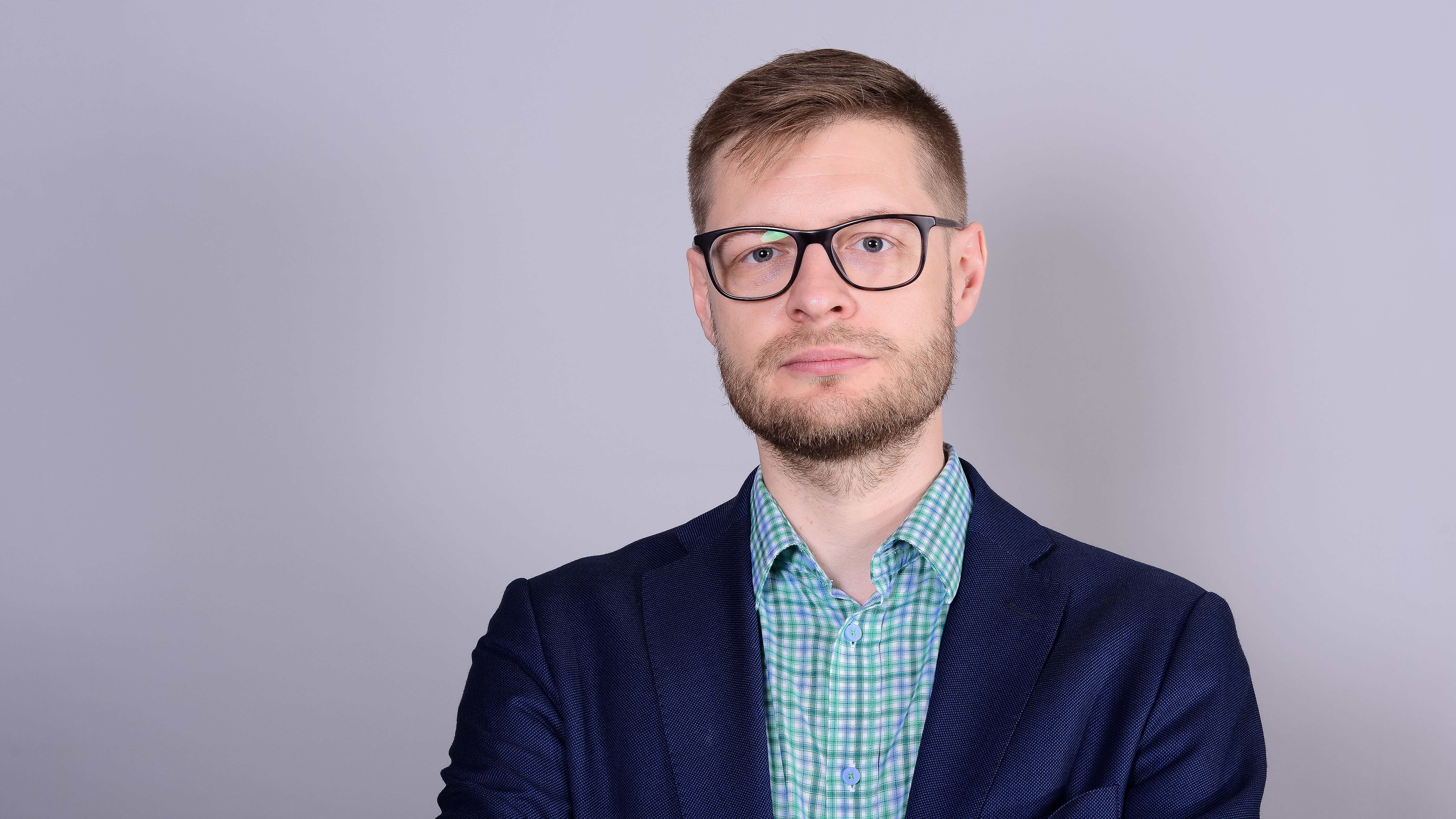Russia: The Authorities Prepare for Parliamentary Elections

Conditions
Preparations for the elections to the State Duma are taking place in a socio-economic situation that is unfavourable to the Russian government. Russia is the fourth country in the world in terms of the total number of reported COVID-19 cases. The pandemic and the restrictions introduced in connection with it have worsened the financial situation of Russians. Unemployment has increased by almost 25% and real incomes have fallen by 3.5%. The number of people whose income is below the poverty line (in Russia, this is those below the minimum wage, i.e., less than about €218) has increased by almost 1.3 million. Every seventh Russian is now in poverty.
Before oppositionist Alexei Navalny returned to Russia in January this year, the Russian authorities faced mass protests in around 140 cities for about a month. They responded by using force against the protesters, arresting more than 11,000 people, and searching the homes and offices of Navalny’s colleagues and family.
The tense political situation and economic problems have had a negative impact on the public mood and the assessment of the state’s actions. In research conducted by the Levada Center in February this year, the dominant emotions indicated by Russians were bitterness, aggression, and depression. At the same time, 43% of respondents believed that the protests in Navalny’s name did not actually concern him but were expressions of dissatisfaction with the current situation in Russia.
Pre-Election Process
The ruling United Russia (UR) party is unlikely to repeat the results of the 2016 elections when it won a constitutional majority in the State Duma (300 out of 450 seats). This time, it will be forced to struggle for a parliamentary majority (226 seats), like in 2011. The governmental opinion polling firm, WCIOM, reports that since the 2018 pension reform, UR’s ratings are only about 30%. In a mixed electoral system, this does not guarantee that UR will win even a simple parliamentary majority. The transparent publication of unfavourable polls for the ruling party is probably a deliberate action by the authorities to prevent a further escalation of discontent. At the same time, however, the authorities are taking steps to guarantee UR’s wins the upcoming elections.
In mid-2020, inspired by the president’s administration, four new political parties were created—New People, For Truth, Green Alternative, and the Direct Democracy Party. The new parties can count on a total of about 10-15% of the votes, entering electoral niches inaccessible to the UR, such as the nationalist, anti-system electorate, and youth vote. These parties’ unwritten task will be to take away votes from the three parties of the parliamentary opposition, especially the Communist Party of Gennady Zyuganov and the Liberal Democratic Party of Vladimir Zhirinovsky, which poll at around 12% and 10%, respectively.
With the new parties syphoning off votes, the authorities will aim to neutralise the anti-system opposition (about 5-10% in polling) and the strategic or “smart voting” promoted by the Navalny Foundation that involves voting for the most popular non-UR candidate in any single-member district. At the same time, the new groups are to create the impression that the political system is open to new political forces. Apart from Just Russia (7% in the poll), which entered the Duma in 2007, no other new party has succeeded in doing so in the last 21 years.
The gaining of a parliamentary majority by the UR will help the authorities control the pre-election process under the pretext of protecting it from foreign interference. On the orders of President Vladimir Putin, the priority of the prosecutor general’s office for 2021 is to ensure the independence of the election process from foreign influence. Additionally, by September this year, Russia plans to train 100,000 observers, whole role will be to minimise the work of international observation missions. The authorities have introduced three-day voting with electronic ballots, which could make it easier for them to manipulate the election results as the systems are managed by the authorities.
Legislative Package
This election will see an expansion of legislation furthering repression, like that seen at the turn of 2020-2021. The authorities have extended the questionable “foreign agent” (FA) status to journalists, bloggers, and NGOs dealing with politics and receiving any financial support from abroad. This status may apply to any natural or legal person, as well as an informal organisation. The act broadens the possibilities of the repression of people or organisations recognised as a foreign agent (e.g., through financial inspections, limiting the right to apply for state offices), including public defamation—traditional and electronic media are obliged to inform about the FA status of persons or entities they report on (e.g., in podcasts). Candidates recognised as foreign agents must also state this in their election campaign material. The aim is for as many entities as possible to forego foreign funding in order to force them to cease their activities or to apply for state funding, which limits their criticism of the authorities. Complementing the foreign agent acts are restrictions on the freedom of assembly. The new legislation prohibits them if co-financed by any person or entities with FA status, or if they are to be held in front of buildings of the Ministry of the Interior, the FSB, or seats of city mayors. The effect will be, among others, pushing demonstrations from the centres of cities to the outskirts.
The Federal Tax Service and the Central Bank have been given the option to confiscate funds in private bank accounts if they identify them as illegally obtained. Fear of losing property is intended to demobilise critics of the regime and give the authorities another tool of control over Kremlin-related business and political circles. At the same time, it will serve to extinguish discontent in local bodies of executive power. The administrative reform planned for 2021 assumes a reduction in financing for these bodies by 7% and a reduction in employment by 10%. However, the authorities also fear these latter measures could weaken regional officials’ support for the UR during the election campaign.
Another legislative package increases the authorities’ control over the virtual arena. It introduces the possibility of blocking foreign social media and internet portals if they remove content from Russian state-related media and officials. It also establishes fines of up to €56,000 for slander against state authorities or undermining the official role of the USSR in World War II, which is meant to limit criticism of Russian state policy in online forums—for which the proposed law reserves the most severe punishments. The authorities have enacted a fine of over €66,000 for telecommunications operators for the disclosure of information about government officials. This is to prevent leaks about corruption and malfeasance, such as those cited in journalists’ investigations or in Navalny’s documentaries on Russia’s elite.
Conclusions and Perspectives
Russia’s ineffectiveness in combating the pandemic and the deteriorating financial situation of Russian society will further reduce public confidence in the UR and its politicians. In response, the Russian political system will become even more repressive of its critics. A new quality of related legislation is that they focus not only on punishing criticism of the authorities but also seek to discourage and criminalise potential opponents. This will increase tensions between the government and society, and may also foster an increase in anti-government sentiment, especially among young and middle-aged Russians. Although civil disobedience will not occur on a mass scale, it will take the form of pointed outbursts of dissatisfaction due to the deteriorating financial situation. They will be aggravated by news media investigations revealing corruption or malfeasance in state organs, violations of civil liberties by the authorities, and expressing fatigue with the current political elite.
It is important for the Russian authorities to legitimise the Duma elections in the eyes of the public in order to prevent the outbreak of mass protests like in Belarus after its presidential election. Therefore, under the pretext of foreign interference in the elections, the authorities will further tighten control of the campaign and seek to eliminate or isolate international observers. They will also use all available instruments, including electoral fraud, to obtain a parliamentary majority, which will help to ensure the stability of the system given the possible transfer of power by Putin in 2024.
Repression against the opposition will likely increase criticism of Russia from the EU and worsen relations between the two. It is doubtful, however, that the Union will not recognise the parliamentary elections in Russia, even if it describes them as not fully democratic.
Poland may use its chairmanship of the OSCE to raise the irregularities in how elections in Russia are prepared and conducted. This applies especially to attempts to reduce the number of OSCE observers during the elections.


